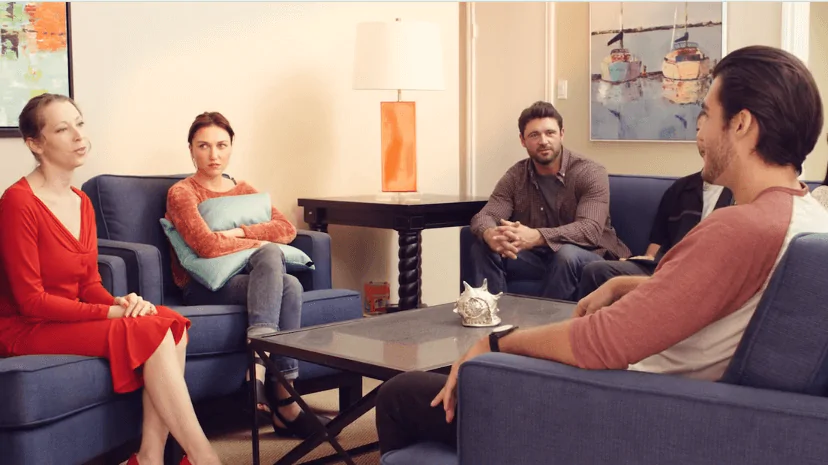24/7 Helpline:
(866) 899-221924/7 Helpline:
(866) 899-2219
Learn more about OCD Treatment centers in Boley
OCD Treatment in Other Cities

Other Insurance Options

Covered California

Oxford

Absolute Total Care

Magellan Health

WellCare Health Plans

Ambetter

BlueShield

Health Net

GEHA

EmblemHealth

Choice Care Network

Lucent

CareSource

PHCS Network

UMR

Molina Healthcare

Magellan

CareFirst

BlueCross

Access to Recovery (ATR) Voucher



Creoks Mental Health Services
Creoks Mental Health Services is a private rehab located in Okemah, Oklahoma. Creoks Mental Health S...




















